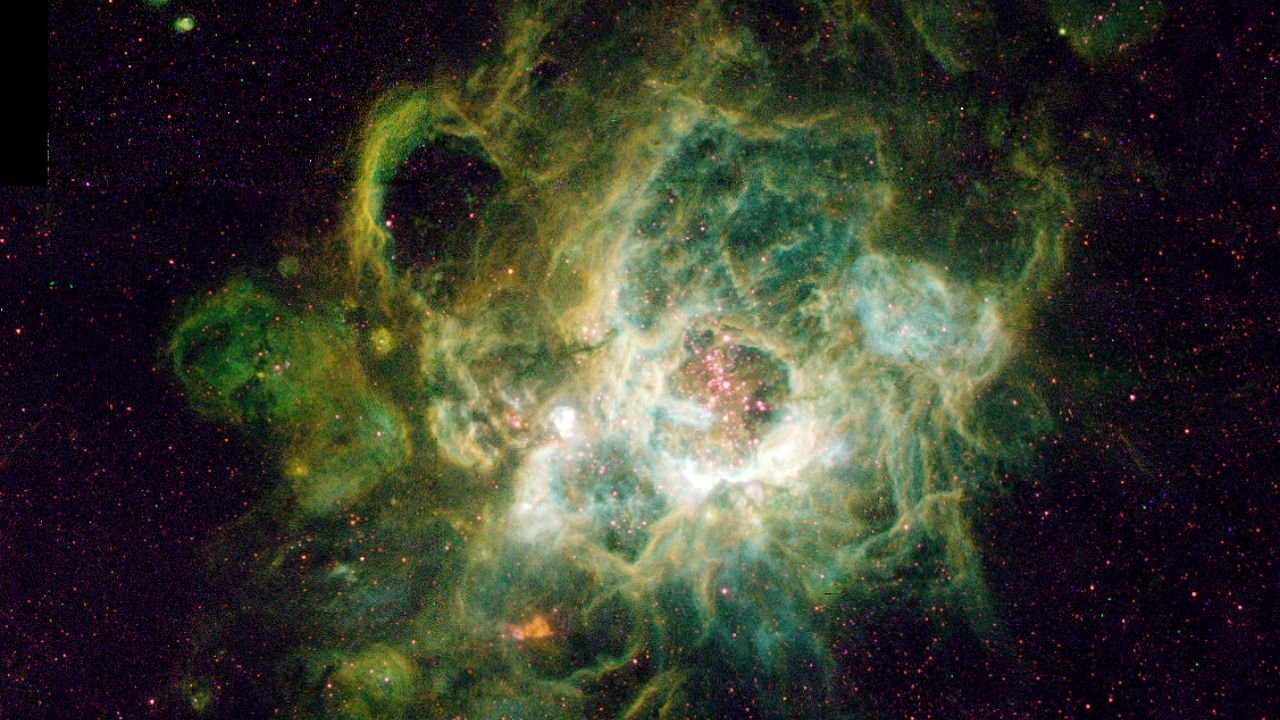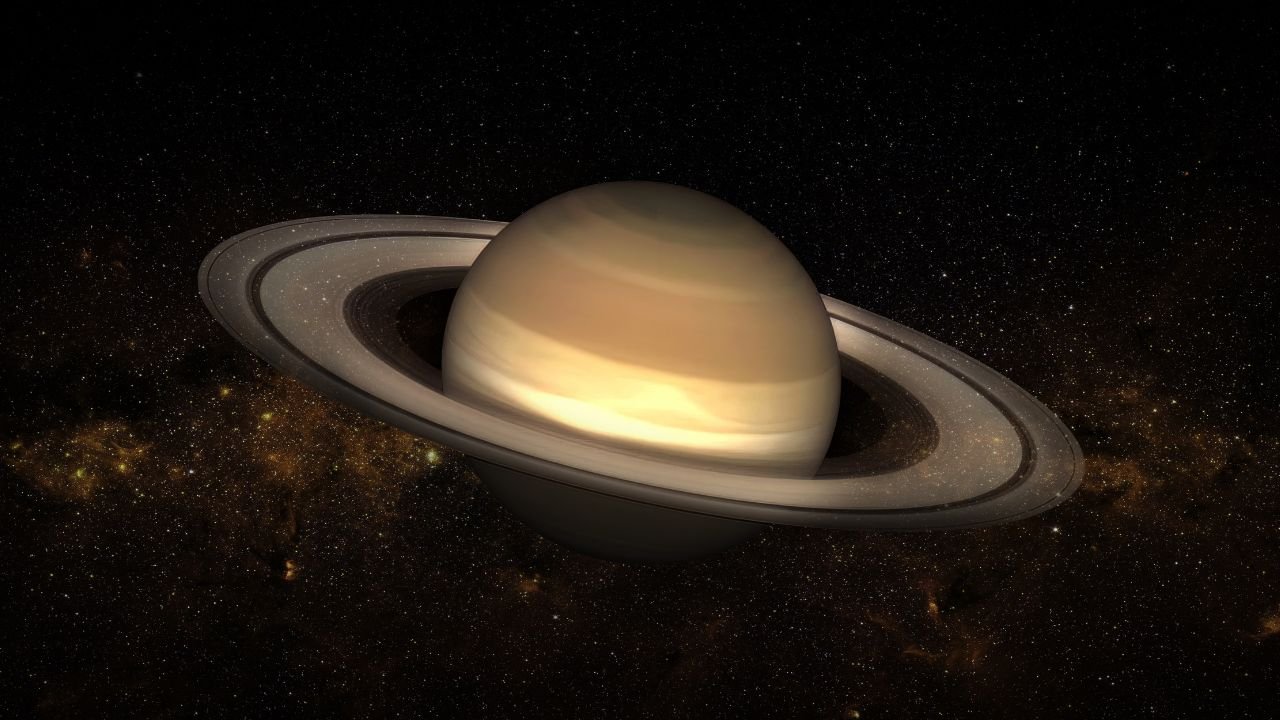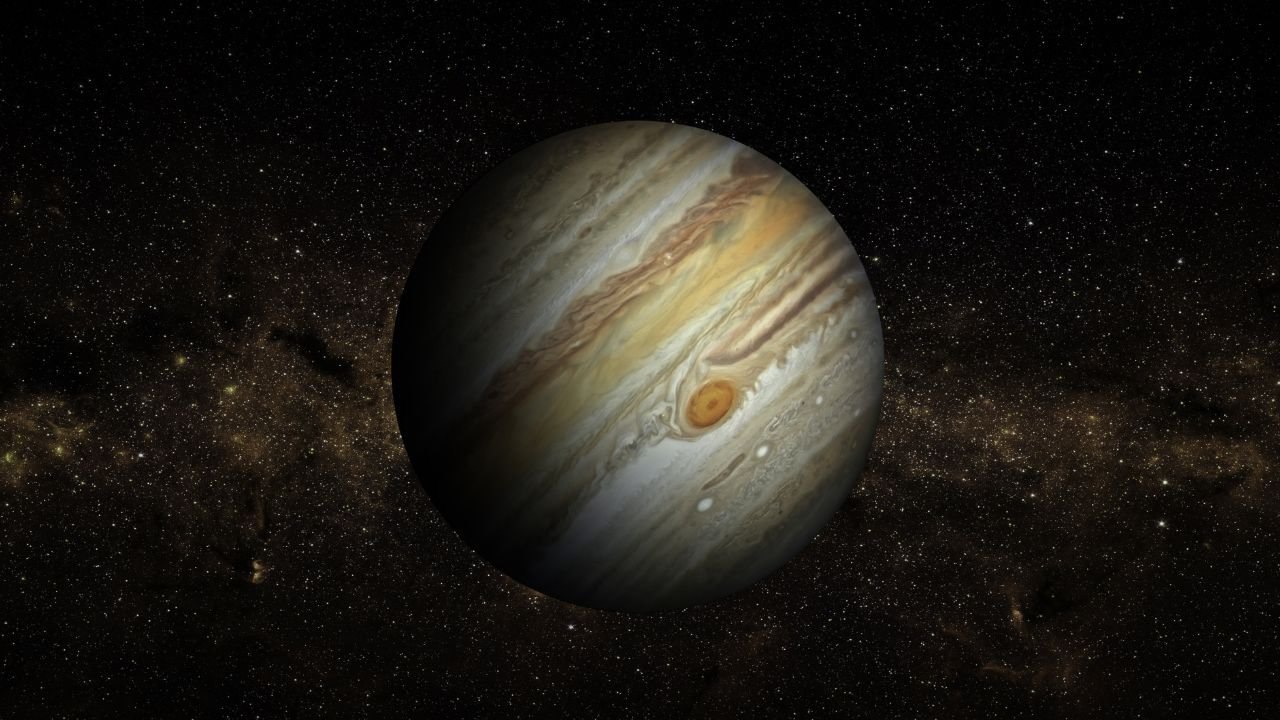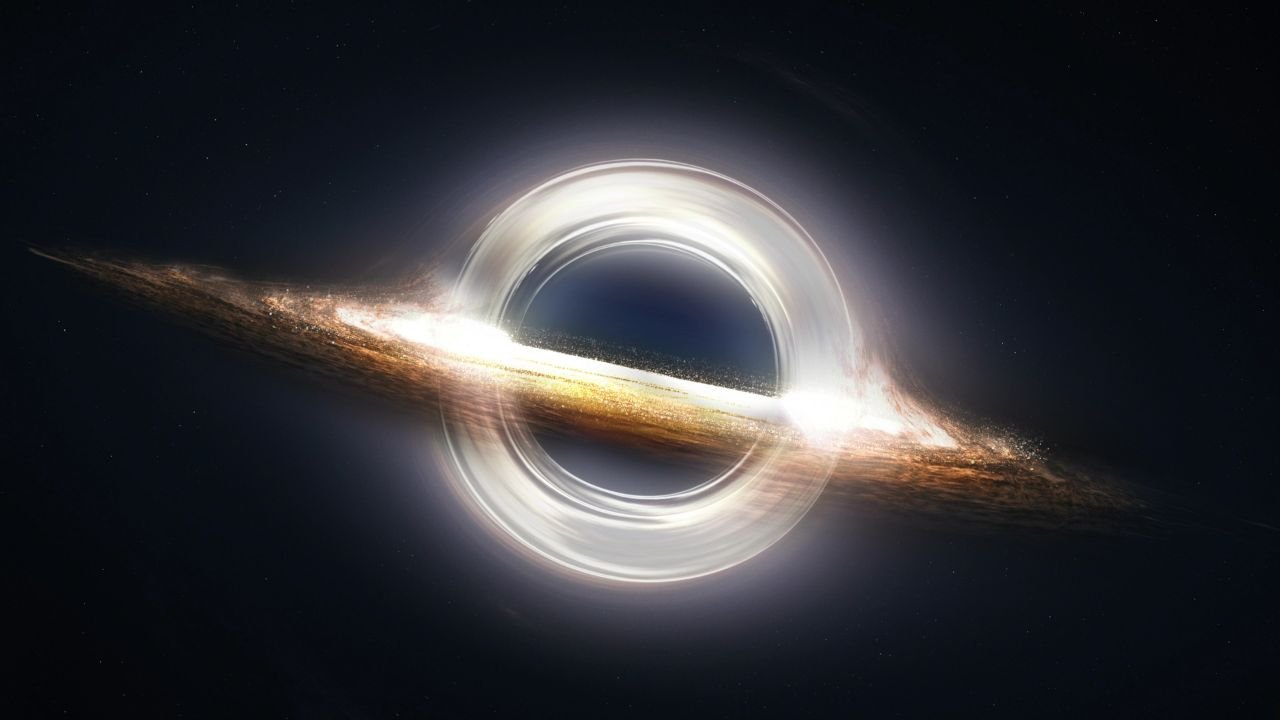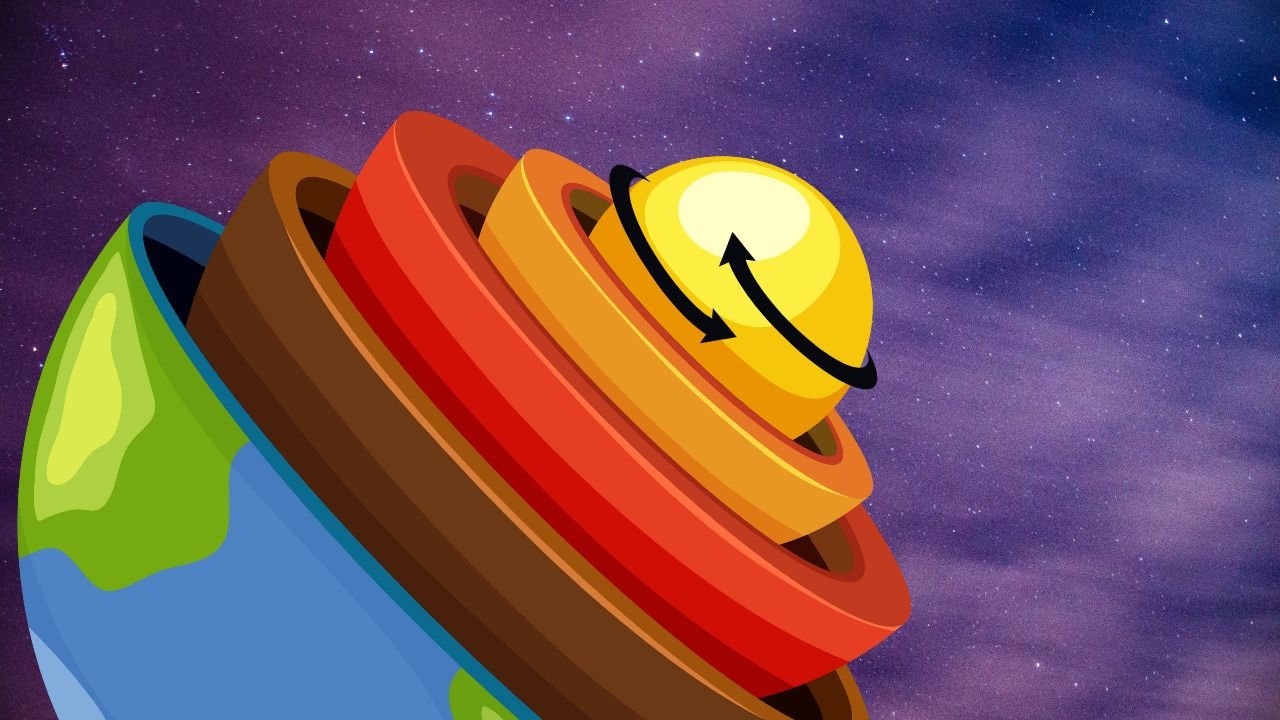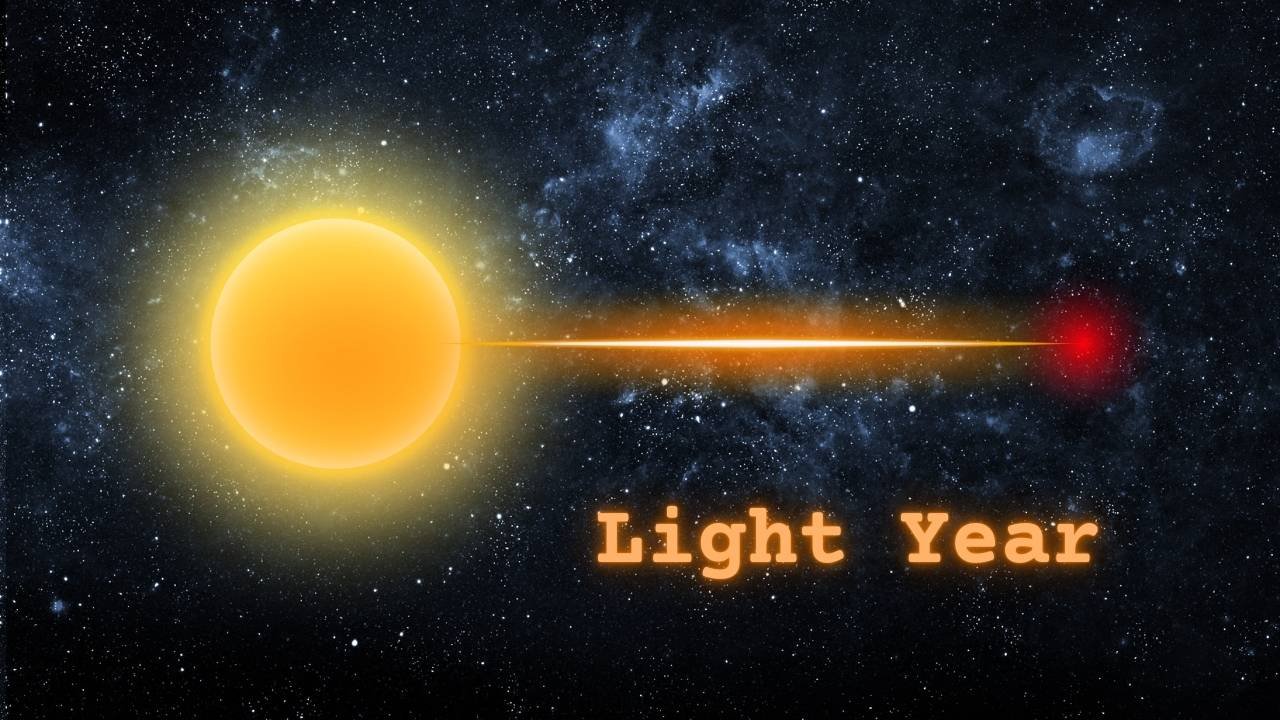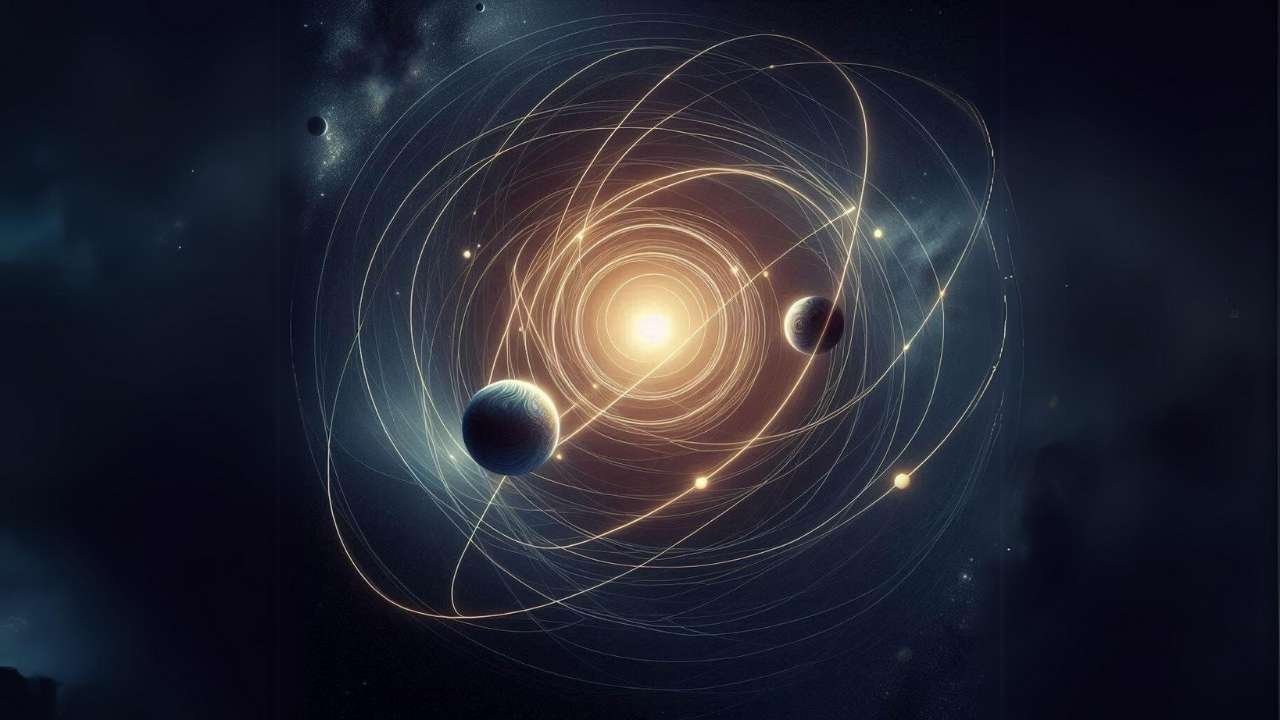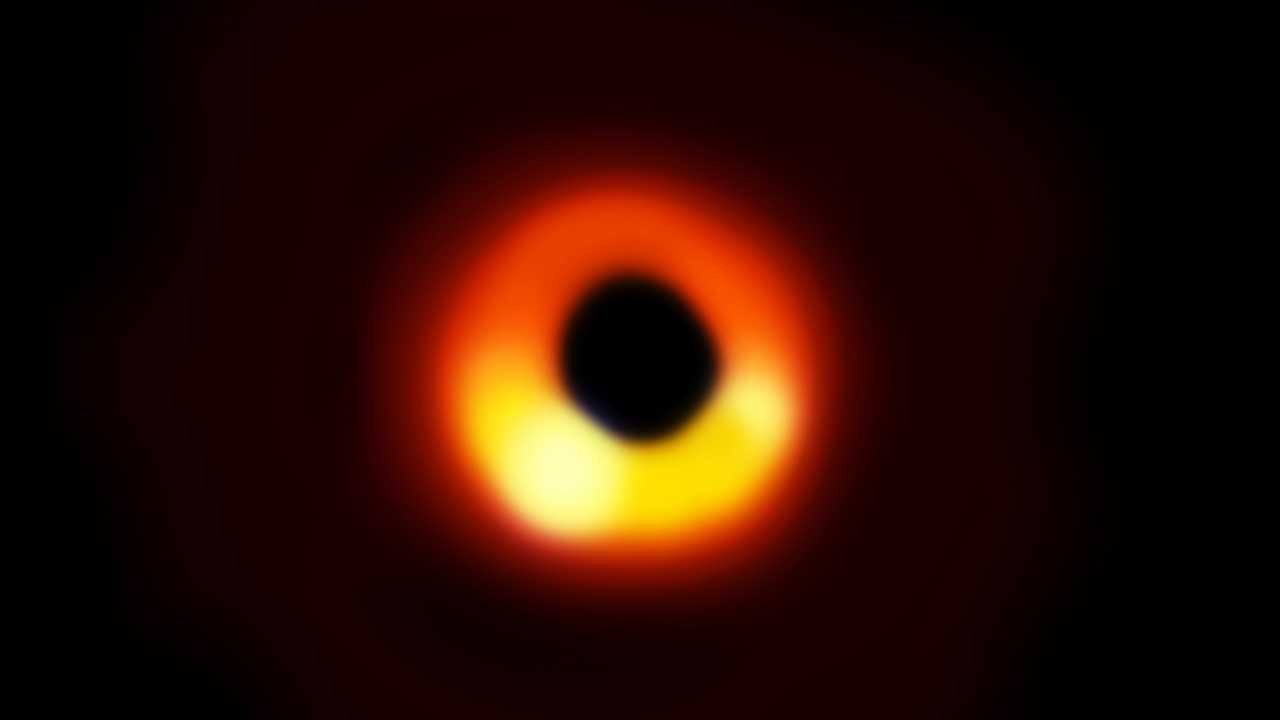Category: Physics
Why Is Water Blue In Color?
When we look at large bodies of water like oceans, lakes, or rivers, it seems blue. Water even in swimming pools also looks bluish. The blue color of water is actually due to the way it interacts with light. After reading this article, you will learn why water looks blue, what factors influence water coloration,…
Written by
Formation Of Nebula: How Is A Nebula Formed?
Nebulae are among the most fascinating celestial bodies contributing to stellar evolution. The word ‘nebula’ comes from Latin meaning “ vapor, mist, fog, exhalation or smoke.” Precisely, a nebula is a giant cloud in space made up of dust and gas particles, primarily hydrogen and helium. In the astronomical context, a nebula refers to any…
Written by
Saturn’s Gravity: How Strong Is The Gravity On Saturn?
Saturn is the sixth planet in the solar system and the second largest after Jupiter. It is composed mainly of hydrogen and helium. This made Saturn into a gas giant with no solid surface and gravity is measured where atmospheric pressure is the same as Earth’s sea level pressure. Saturn spins so fast that gravity…
Written by
Jupiter Gravity: How Strong Is Gravity On Jupiter?
Gravity is one of the four fundamental forces of nature. That controls the movement and interactions of planets and other celestial bodies. Jupiter, the largest planet in our solar system, is a gas giant. Its immense size means that its gravitational field is significantly stronger than Earth’s. Specifically, Jupiter’s gravitational pull is 2.4 times that…
Written by
Phoenix A* vs TON 618 vs Holmberg 15A Comparison: Mass, Temperature, Luminosity
Black holes of varying sizes exist throughout the cosmos, but a few stand out due to their unique sizes, masses, and incredible characteristics. Phoenix A*, TON 618, and Holmberg 15a are among the most supermassive black holes known to exist. They can distort space and time and feed on anything that comes too close. Each…
Written by
What If The Earth’s Core Stops Spinning?
7000 kilometres wide, Earth’s Inner core has shown signs of stopping and reversing its spin since 2009. But the question arises, what would be its consequences? The spinning of Earth’s inner core plays a crucial part in our lives and produces magnetic fields. But what if the core stops spinning altogether? Let’s get into details:…
Written by
How Long Does It Take To Travel One Light Year?
A light year is the distance light travels in one year. Light moves very fast, about 299,792 kilometers per second. If we could travel that fast, we would take one light year to go But we can’t travel that fast. The fastest spaceship we have would take about 19,000 years to go one light year.…
Written by
What Is The 3-Body Problem And Why Is It So Hard To Solve?
The essence of the 3-body problem is: how to predict and stabilize the orbits of 3 interacting bodies. The third object’s presence causes wild movements, potentially sending the interacting bodies into collisions or chaotic orbits.
Written by
Where Do Microscopic Black Holes Exist?
Microscopic black holes, also referred to as quantum mechanical or mini black holes, are hypothetical small holes that have fascinated scientists and the public for decades. They are very tiny and could have masses comparable to subatomic particles. But black holes are massive objects formed by the collapse of wandering stars and possess powerful gravitational…
Written by


